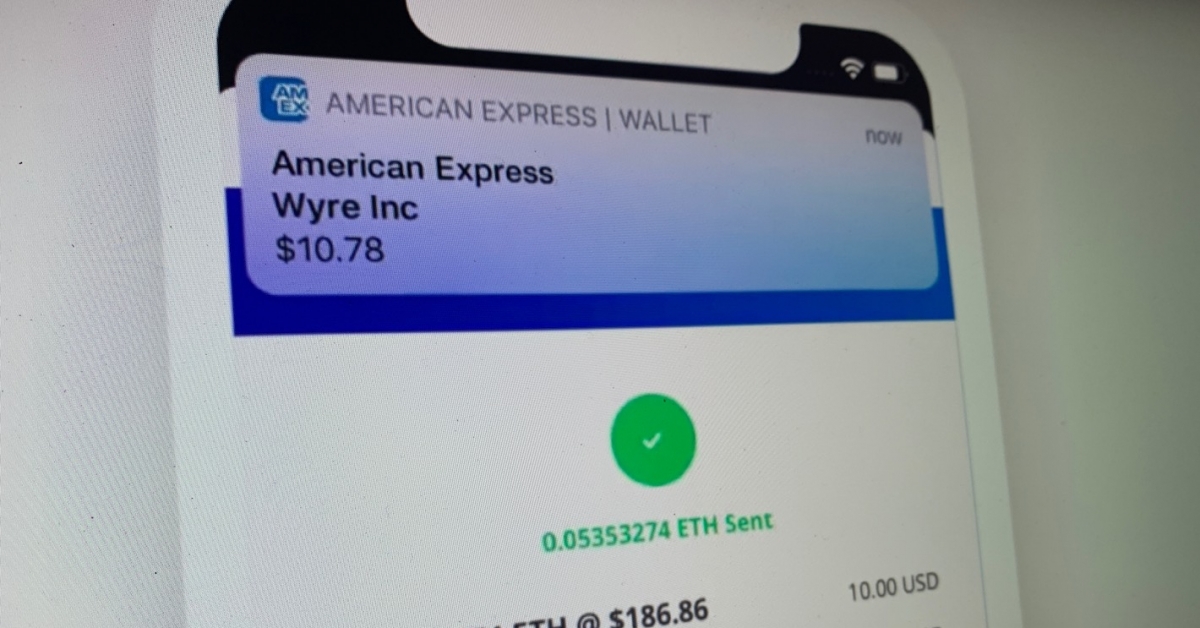Bitcoin ETFs: A Surge of Fresh Capital or Speculation From Crypto Insiders?
This post is part of Consensus Magazine’s Trading Week, sponsored by CME.
The launch of a spot bitcoin exchange-traded fund (ETF) from BlackRock is a highly anticipated event in the cryptocurrency industry. It is expected to provide unprecedented institutional access to the crypto market, representing a significant shift from leading banks and promising substantial capital inflows.
These developments will eventually change the industry and kickstart a new market cycle. What we’re seeing in the market at the current moment, however, is still speculation by whales, some traditional firms and industry insiders.
We’re still working with derivatives, not ETFs
While the move towards ETF application approvals is a positive development, the price discovery mechanism for bitcoin (BTC) is typically driven by derivatives like perpetuals. Let’s keep in mind that these are leveraged orders that can be liquidated with the right catalyst, whether on the upside or during a pull-back as traders take profit or leveraged longs get liquidated.
This means that recent price hikes post-announcement weren’t necessarily caused by a fresh inflow of institutional capital — though that will happen eventually — they were actually caused by speculation around ETFs, driven by people already plugged into the crypto space (including whales).
An ETF approval means that there will be an exponential increase in the amount of capital with access to BTC
We should still take this as a sign of institutional interest. It’s not unlikely that the capital that kept BTC outperforming traditional assets came from large institutions or savvy allocators of capital buying ahead of positive ETF news. CME futures are dominating the crypto futures markets now, suggesting that, indeed, it might be more traditional institutions that are speculating.
These are the same players that have entered the room in previous cycles. Bull run or not, this kind of activity is par for the course.
How capital from BTC ETFs will eventually trickle down
We should still pay attention to the possibility of fresh capital coming in. Former BlackRock Managing Director Steven Schoenfield stated at CCData’s Digital Asset Summit in London that an ETF approval could bring $200 billion to bitcoin, while AllianceBernstein, a global asset management company, expects the BlackRock ETF approval to drive crypto asset management up.
Ultimately, an ETF approval means that there will be an exponential increase in the amount of capital with access to BTC. This simple change will be greater than any other development in the market’s history.
This arrival of capital will come over time as more and more investors and asset managers digest the news and decide that an allocation is not only reasonable but necessary. Likewise, the adoption of this financial product will take years as institutions such as broker-dealers, banks, and RIAs undergo due diligence and other processes before they can even offer BTC ETFs.
It will also hinge on the arrival of key players, such as market makers, that are an essential factor in building investor confidence. The role of market makers is vital to ETFs. They are responsible for creating and redeeming new shares of an ETF, a role designed to keep its price tethered to the price implied by the value of the ETF’s holdings.
Will a rising tide lift all boats?
Finally, we have the question of what a BTC ETF means for the rest of crypto markets beyond BTC itself. Market cycles have historically moved from BTC first, to ETH second, and then cycled into smaller altcoins or more exotic projects. This time around the effects might be less direct, but still noticeable.
It’s true that a “rising tide” is not guaranteed in the aftermath of the ETFs going live as the new inflow of capital will not come in the form of direct ownership of BTC. Investors who choose that instrument won’t easily be able to change or diversify their exposure to other crypto assets until more ETFs are introduced.
While this could mean that capital could be isolated from assets that are usually “floated” by BTC, more money flows into an ETF also means that more of the underlying bitcoin has to be bought. This will create price increases that then raise the value in portfolios that do hold BTC directly. These holders, in turn, will have more money to diversify into other crypto assets.
There’s reason to be cautiously optimistic overall, but BTC EFTs are still a speculative talking point.
CoinDesk does not share the editorial content or opinions contained within the package before publication and the sponsor does not sign off on or inherently endorse any individual opinions.”









